- Charcoal sales surge in northern Arakan after AA firewood ban
- General Khaing Razar in the Arakan Revolution
- Junta shows signs of resurgence as resistance forces face mounting challenges
- Fighting in Hpakant halts jade mining, residents face livelihood crisis
- Two junta officers detained after Arakan Army seizes three camps in Thabaung
Military delegates, political parties discuss resumption of peace process
Rebooting Myanmar’s moribund peace process was discussed during a meeting of political parties with Lt-Gen Yar Pyae, chairman of the National Solidarity and Peace Negotiation Committee (NSPNC), according to political party representatives who attended the meeting on Saturday.
10 Oct 2021
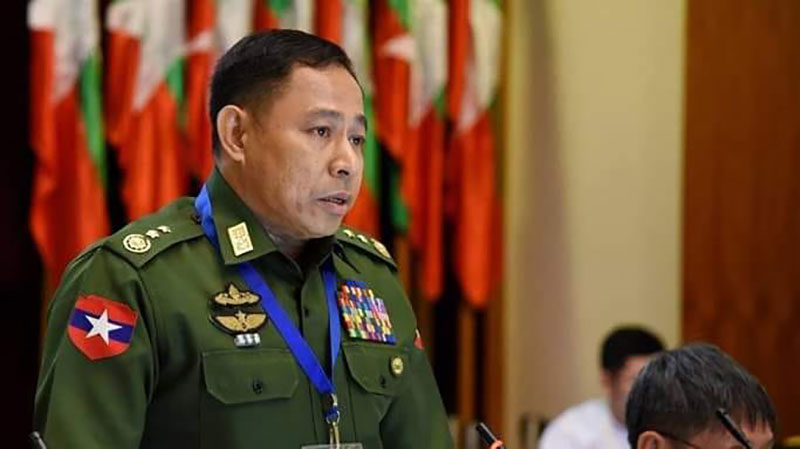
DMG Newsroom
10 October 2021, Sittwe
Rebooting Myanmar’s moribund peace process was discussed during a meeting of political parties with Lt-Gen Yar Pyae, chairman of the National Solidarity and Peace Negotiation Committee (NSPNC), according to political party representatives who attended the meeting on Saturday.
Attendee Dr. Aye Maung, leader of the Arakan Front Party (AFP), said the meeting was aimed at selecting 16 representatives from political parties to be included in the peacemaking process. He said future meetings would be “tripartite,” including political parties’ representatives, ethnic armed groups and the NSPNC.
“They will discuss how to hand over the peace process to an elected national government under the State Administration Council so that the process can follow the NCA [Nationwide Ceasefire Agreement] route as soon as possible and achieve the main results,” he said.
The NSPNC was formed by the junta in February, following the military’s February 1 coup. The putsch brought an abrupt halt to Myanmar’s peace process as several ethnic armed groups objected strenuously to the military takeover, suspending negotiations with the regime.
Eighteen political parties including the AFP, Shan Nationalities Democratic Party (SNDP) and Lisu National Development Party were present at the meeting with the NSPNC in Naypyidaw on October 9.
Dr. Sai Kyaw Ohn, treasurer of the SNDP, said building trust with the ethnic armed organisations (EAOs) was key to achieving internal peace.
“Confidence-building with EAOs is key to the peacemaking process. There are 10 NCA signatories in Myanmar. Other ethnic armed groups also need to be mobilised to sign the NCA as soon as possible. Peace can only be achieved with the participation of all stakeholders. … I also suggested avoiding clashes with the NCA signatories,” he said.
The SNDP official went on to say that Myanmar has not progressed as much as it should because the country has not had internal peace since independence in 1948.
According to political party representatives, Saturday’s meeting with the NSPNC also included discussions on switching to an electoral system based on proportional representation.




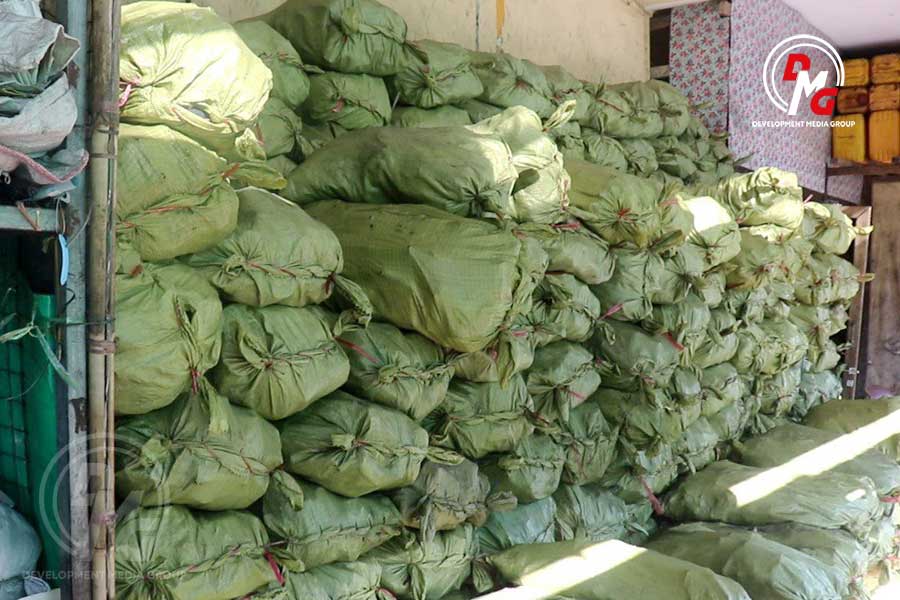
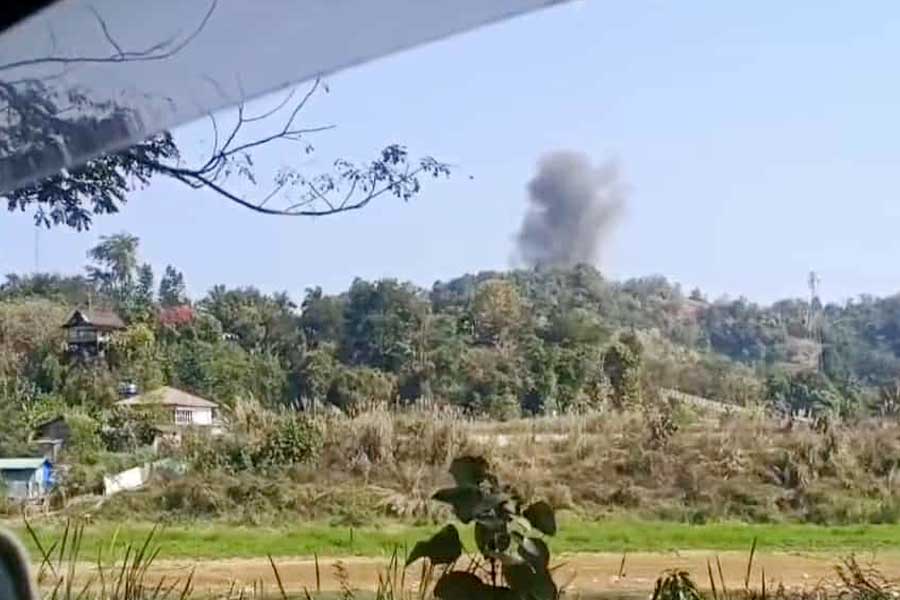
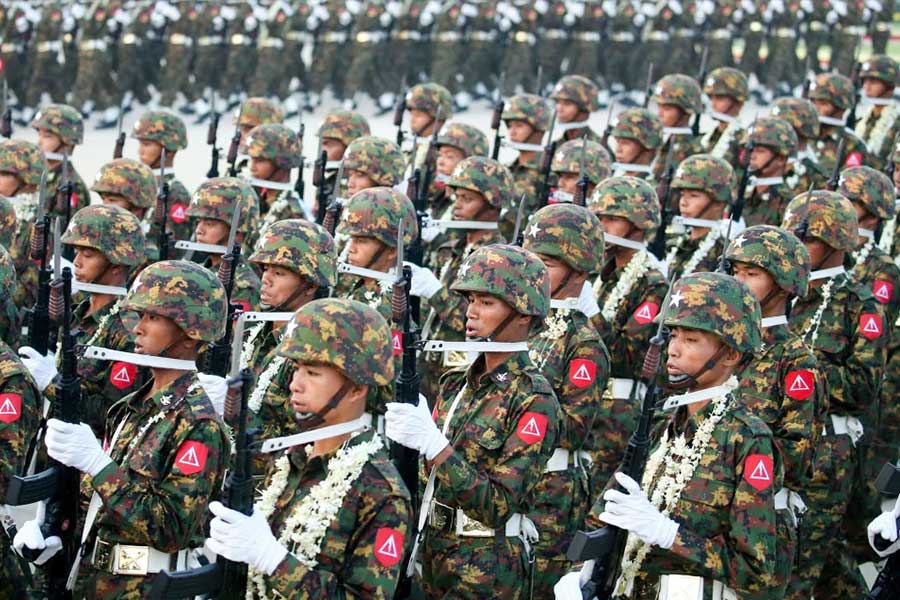
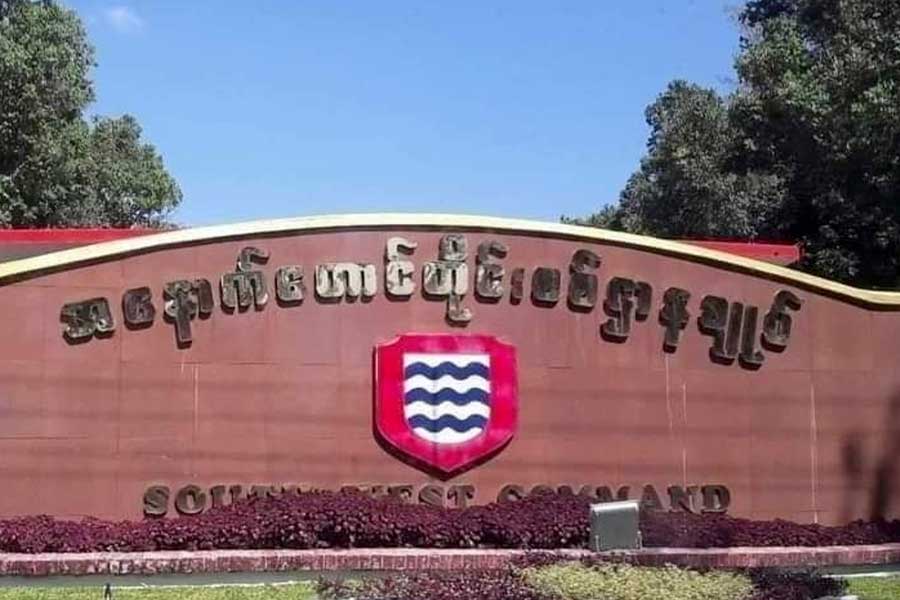
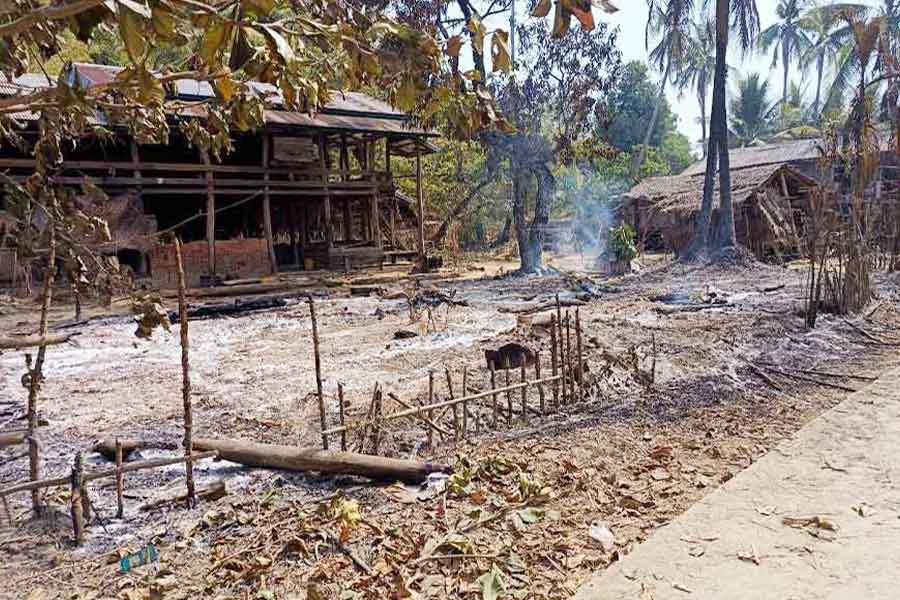







.jpg)
